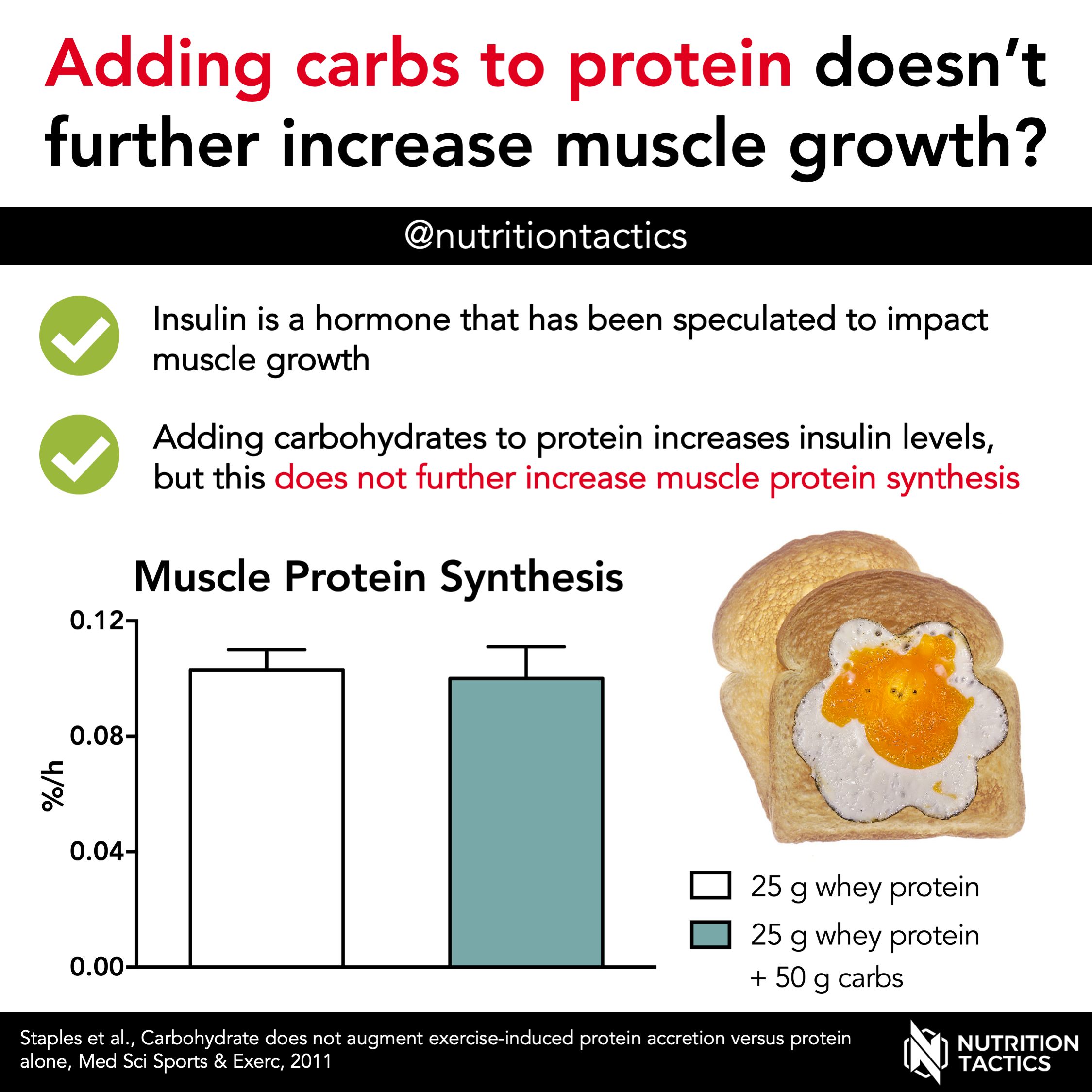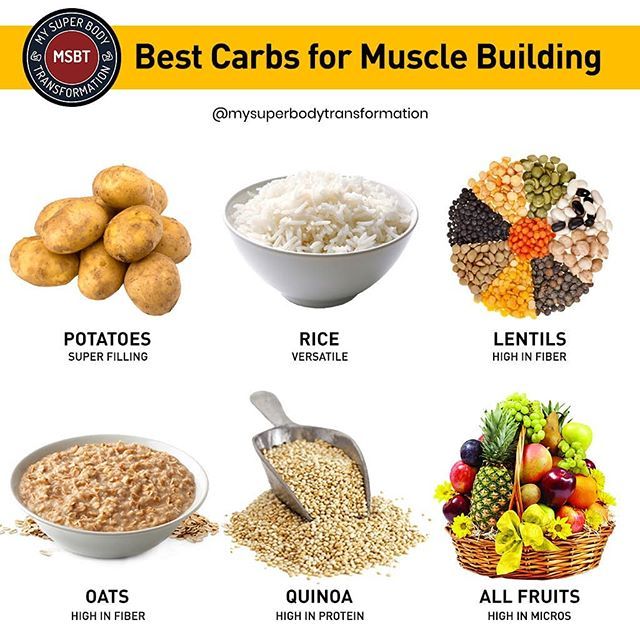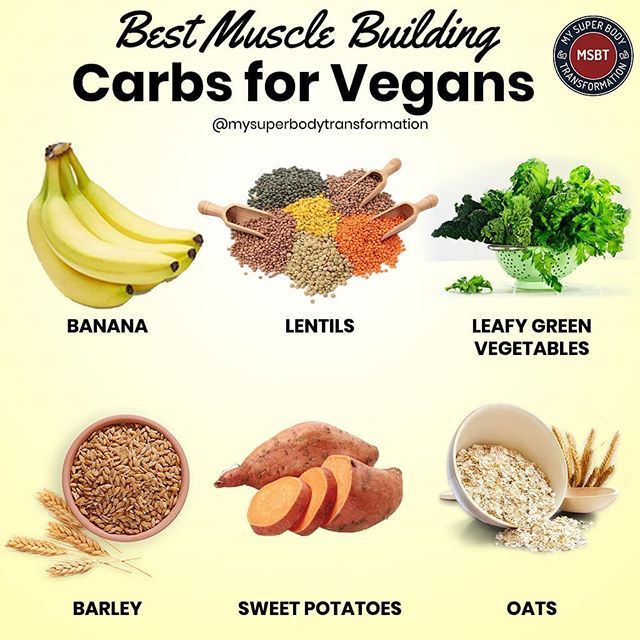Effective Ways to Use Carbohydrates for Muscle Gain in 2025
Carbohydrates are a crucial element in the diet of anyone aiming to build muscle and enhance fitness performance. As we move into 2025, understanding the role of carbohydrates, or “Kohlenhydrate,” in muscle development becomes even more important for athletes and fitness enthusiasts. This article will explore how to effectively incorporate healthy carbohydrates into your diet for optimal muscle gain.
By focusing on the right types of carbohydrates and timing your intake, you can maximize your training outcomes. We’ll discuss the best carbohydrates, meal planning strategies, and post-workout nutrition, ultimately aiding in muscle recovery and growth. Knowledge of the interplay between carbohydrates and protein, as well as snack options before and after workouts, will also be covered.
Join us as we delve into how to effectively use carbohydrates to power your workouts and achieve your muscle-building goals.

Essential Guide to Carbohydrates for Muscle Building
Understanding Carbohydrates and Their Role
Carbohydrates serve as a primary energy source for our bodies. When consumed, they break down into glucose, which is then used for immediate energy or stored as glycogen in muscles and the liver. These glycogen stores are essential for sustained energy during workouts, making carbohydrates an indispensable part of a fitness diet.
The effectiveness of carbohydrates is particularly evident in sports, where energy demands are high. Athletes require adequate carbohydrate intake to maintain performance and recover effectively. Understanding how to balance carbohydrate intake with your protein consumption is crucial in optimizing muscle gain.
Types of Carbohydrates: Quick vs. Slow
Carbohydrates can be categorized as quick (simple sugars) or slow (complex carbohydrates). Quick carbs, such as fruits and refined sugars, provide immediate energy, ideal for quick fueling before a workout. On the other hand, slow carbs, such as whole grains and legumes, release energy more gradually, supporting extended exertion and recovery after exercise.
For muscle gain, a mix of both types throughout the day can help maintain energy levels and support muscle recovery — key components in achieving your muscle-building goals.
How to Plan Your Carbohydrate Intake
Meal planning is essential for achieving optimal carbohydrate consumption. To build muscle, consider structuring your carbohydrate intake around your workout schedule. Consuming a combination of proteins and carbohydrates post-workout can enhance muscle recovery and replenish glycogen stores effectively.
Here’s an example meal plan structure:
- Morning: Oatmeal with fruit and yogurt.
- Pre-Workout: Banana or a homemade protein bar.
- Post-Workout: Quinoa salad with lean protein and vegetables.
- Evening: Brown rice with chicken and steamed broccoli.
Top Pre-Workout Snacks for Energy Boost
Choosing the Right Pre-Workout Carbs
Selecting effective pre-workout snacks can significantly influence your performance. Good options include slow-digesting carbs that provide a stable energy supply without causing a spike in insulin levels. Foods like whole-grain toast, Greek yogurt with berries, or a homemade protein smoothie can help fuel your workouts.
Timing Your Carb Intake
When consuming carbohydrates before training, aim for a timing window of about 30-60 minutes before your workout. This gives your body enough time to digest and convert the carbs into glucose for energy. Be mindful not to overeat right before a workout to avoid discomfort.
Common Mistakes to Avoid
One key mistake many make is relying solely on sugary snacks before workouts. While they offer quick energy, they often lead to an energy crash later. Instead, focus on balanced meals that include proteins, healthy fats, and complex carbs.
Optimal Carb Sources for Muscle Recovery
The Importance of Post-Workout Nutrition
Post-workout nutrition is critical for muscle recovery. Consuming carbohydrates after exercise replenishes glycogen stores and fuels protein synthesis. Aim for a meal or snack containing both carbs and protein within 30-60 minutes of finishing your workout.
Research suggests that a 3:1 ratio of carbohydrates to protein is ideal for post-workout meals to effectively enhance muscle recovery and growth.
Best Foods to Include
Some of the best post-workout foods include:
- Brown rice with chicken or fish.
- Sweet potatoes with a protein shake.
- Whole grain pasta paired with a lean protein source and vegetables.
Hydration’s Role in Recovery
Don’t forget about hydration! Proper hydration aids digestion and nutrient absorption, which are crucial during recovery. Drinking water or electrolyte-rich drinks alongside your post-workout snacks can enhance recovery further.
How to Implement Carb Cycling in Your Routine
Understanding Carb Cycling
Carb cycling involves alternating between high-carb days and low-carb days to optimize metabolism and weight management while maintaining muscle. This strategy can help bodybuilders and athletes manage their carbohydrate intake to boost performance and muscle gain.
Structuring Your Carb Cycling Plan
A typical carb cycling plan might consist of high-carb days scheduled around intensive training sessions and lower carbohydrate intake on rest days. This helps to ensure that energy needs are met during high-intensity workouts while promoting fat loss on rest days.
Monitoring Your Progress
To assess the success of your carb cycling plan, it’s important to monitor your energy levels, workout performance, and body composition. Adjust your carbohydrate intake as needed based on results and goals.
Expert Tips for Using Carbohydrates Effectively
Consult with a Nutritionist
Consider working with a nutritionist to create a personalized carbohydrate strategy suited to your training routine and personal preferences. They can help optimize your intake based on your unique needs.
Stay Informed and Adapt
The field of sports nutrition is dynamic, with new research coming out regularly. Stay educated about current trends and studies regarding carbohydrate consumption to continually improve your muscle-building strategy.
Experiment and Find What Works
Finally, experiment with different carbohydrate sources and timing strategies. What works for one person may not work for another, so listen to your body and adjust your plan as necessary.

Frequently Asked Questions About Carbohydrates and Muscle Gain
How many carbohydrates should I eat for muscle gain?
Your carbohydrate needs depend on various factors including your weight, activity level, and overall fitness goals. A general rule of thumb is to consume 3-7 grams of carbohydrates per kilogram of body weight, varying based on your training intensity.
Which carbohydrates are best for muscle-building?
Incorporate whole grains, legumes, fruits, and vegetables into your diet for healthy carbohydrate sources. Foods like quinoa, sweet potatoes, and oats provide the necessary nutrients for energy and recovery.
Is it okay to eat carbs at night when building muscle?
Yes, consuming carbohydrates at night can be beneficial for muscle recovery, provided they are part of a balanced meal. They help replenish glycogen levels after a day’s training.
What role do proteins play with carbohydrates in muscle gain?
Proteins and carbohydrates work hand in hand for muscle growth. Carbohydrates provide the energy necessary for workouts, while proteins repair and build muscle tissue post-exercise, making a combination of both essential.
Can I build muscle without carbs?
While it’s possible to build muscle on a low-carbohydrate diet, it is not optimal. Carbs enhance performance during workouts and recovery, making them crucial for overall muscle gain.
By utilizing effective carbohydrate strategies, you can significantly enhance your muscle-building efforts. Prioritize healthy carbohydrate sources, embrace meal planning, and remain dedicated to your fitness goals.
